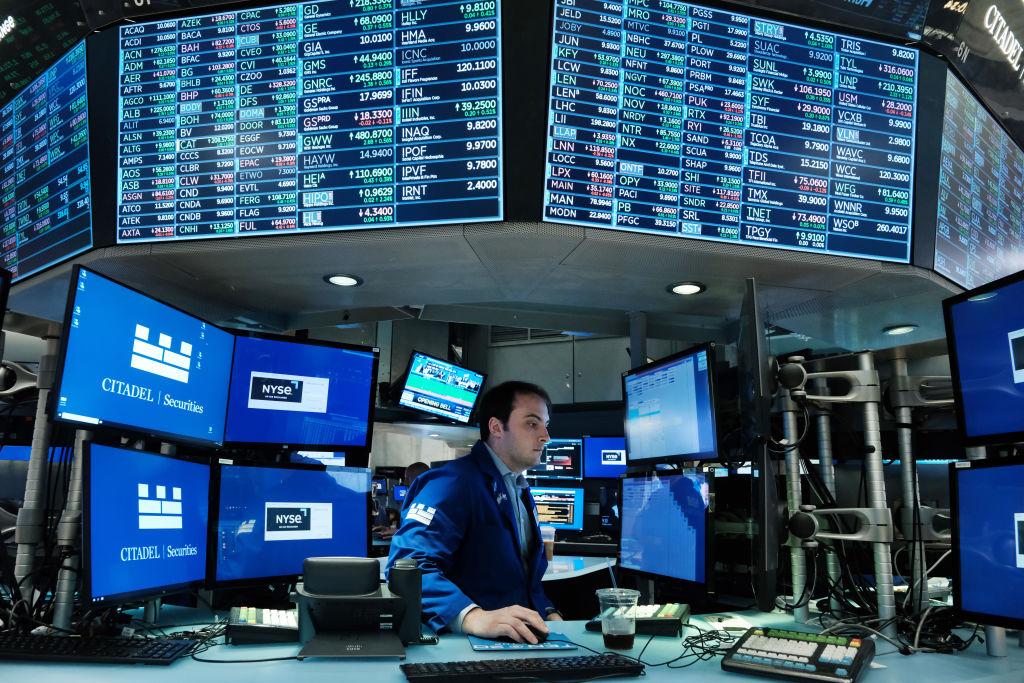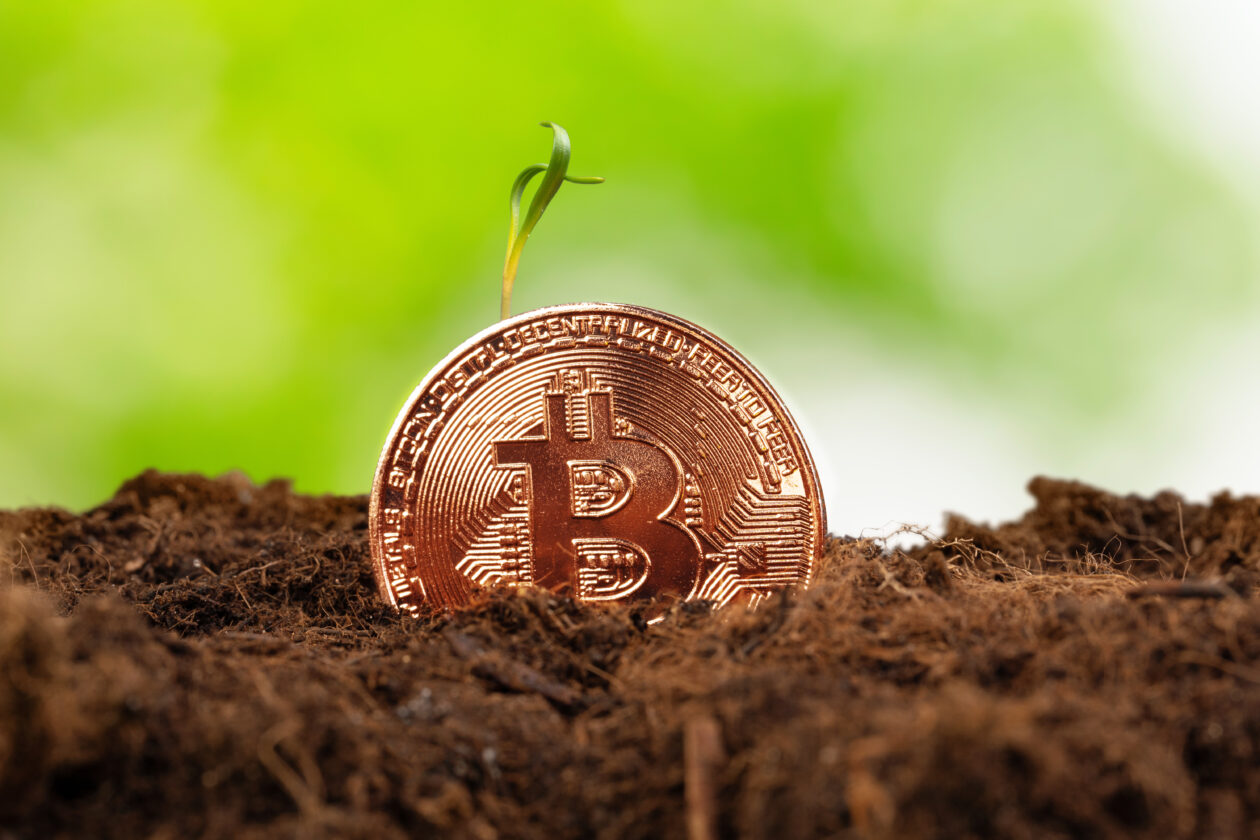Bitcoin rose on Friday morning in Asia to trade above the resistance level of US$26,000, leading a rally across most top 10 non-stablecoin cryptocurrencies. The exceptions were Cardano and Toncoin, which both posted minor losses. Ether logged moderate gains but remained below US$1,650. U.S. financial services giant JPMorgan Chase & Co. is reportedly exploring a blockchain-based payment and settlement system, raising optimism for more institutional adoption of blockchain. U.S. stock futures traded mixed, after the S&P 500 and Nasdaq closed lower on Thursday. Stronger-than-expected jobs data has added to U.S. rate hike concerns.
Bitcoin spearheads crypto winners
Bitcoin rose 1.62% in the last 24 hours to US$26,179.43 as of 07:30 a.m. in Hong Kong, turning a weekly loss into a gain of 0.75%, according to CoinMarketCap data. The world’s leading cryptocurrency had been trading between around US$25,500 and US$26,000 since Saturday. It reached an eight-day high of US$26,409.30 early Friday morning.
JPMorgan, the largest bank in the U.S. by asset size, is “in the early stage” of developing a blockchain-based digital deposit token for cross-border payments and settlements. The bank has already laid out most of the underlying infrastructure, but will wait for approval from U.S. regulators before making the token itself, Bloomberg reported Friday.
Deposit tokens are transferable digital assets representing deposit claims against a commercial bank. Token transactions take place on blockchains, making deposits faster and cheaper than traditional methods.
“It is another sign that large corporations continue to build their blockchain capabilities during this bear market,” Markus Thielen, head of research & strategy at digital asset service platform Matrixport, said in an emailed comment.
“When it comes to crypto, some traditional players are holding back while others are making strides,” said Justin d’Anethan, head of Asia-Pacific business development at Belgium-based crypto market maker Keyrock. PayPal’s announcement that it will launch a stablecoin has started a domino effect of institutional action in crypto, he said.
“Once a large player kicks things off and competitors see that as a desirable/profitable set-up, it won’t be long until other players launch their own solution, if only to stay relevant in an ever-advancing space,” d’Anethan added.
The market is currently waiting on a decision from the U.S. Securities and Exchange Commission (SEC) regarding another U.S. financial giant — BlackRock. On June 15, the world’s top asset manager applied for approval to create a spot Bitcoin exchange-traded fund (ETF).
“While most expect the SEC Blackrock decision to hit the market in October, the news of a potential ETF approval can also come any time,” Thielen said.
“Once Bitcoin regains some momentum, the rally could have legs and bring prices back above US$30,000,” he added.
Elsewhere, Martin Gruenberg, chairman of the U.S. Federal Deposit Insurance Corporation (FDIC), said on Thursday that despite the apparent good health of the U.S. economy, the country’s banking industry “continues to face significant downside risks from the effects of inflation, rising market interest rates, and geopolitical uncertainty.”
Bitcoin prices have historically benefited from uncertainties in the banking system, such as the crisis at Zurich-based lender Credit Suisse in March. The bank’s sudden collapse sent the token’s price from below US$27,000 to over US$28,000 on March 19.
Ethereum gained 0.77% to US$1,644.68 over the past 24 hours and edged down 0.07% for the past seven days.
Most other top 10 non-stablecoin cryptocurrencies logged small gains. Cardano’s ADA and the TON network’s Toncoin were the only tokens that posted losses, dipping 0.14% and 0.70% respectively. But both coins posted gains for the week at 1.07% for ADA and 3.68% for Toncoin.
The total crypto market capitalization gained 1.37% to US$1.05 trillion. Trading volume dropped 11.95% to US$23.81 billion.
Strong US jobs data; China restricts iPhone use for government employees

U.S. stock futures were trading mixed as of 09:40 a.m. in Asia. The three major U.S. indexes also closed mixed on Thursday, with the Nasdaq Composite posting a 0.89% loss. All the main Asian indexes were down Thursday morning, with Hong Kong’s Hang Seng leading the losses with a 1.34% drop.
Initial jobless claims in the U.S. fell to 216,000 for the week ending Sept. 2, the lowest level since February. That was short of the 234,000 forecast by experts in a Reuters poll.
Last week’s August jobs data pointed to a gradual softening in the U.S. labor market. But Thursday’s jobless report shows “the labor market is still tight,” Nancy Vanden Houten, lead U.S. economist at Oxford Economics, told Bloomberg. She said the data could influence the U.S. Federal Reserve’s thinking on interest rates,
“More moderation in job growth will be needed to keep rate hikes further down the road off the table,” Vanden Houten said.
On the other side, multiple Federal Reserve officials said on Thursday they thought the U.S. central bank should keep interest rates unchanged at its meeting on Sept. 20. In July, the Fed raised the rate to between 5.25% and 5.50% — the highest level in the past 22 years.
“I’m not yet convinced that we’ve extinguished excess inflation. But in today’s complex economic environment, returning inflation to 2 percent will require a carefully calibrated approach—not endless buckets of cold water,” Lorie Logan, president of the Federal Reserve Bank of Dallas said on Thursday.
Logan said that another rate hike pause would be “appropriate” when the Fed meets again later this month.
The CME FedWatch Tool predicts a 95% chance the central bank will maintain the current rate unchanged in September, up from 93% on Thursday. It gives a 57.4% chance for another pause in November.
Meanwhile, multiple Chinese government agencies have instructed their staff not to bring iPhones to work amid tensions between Beijing and Washington. The government may also expand restrictions to state-owned enterprises and affiliated organizations.
China is one of Apple’s largest foreign markets. It accounted for nearly a fifth of the firm’s global revenue in 2022. Apple’s shares closed 2.92% lower on Thursday following the reports.
“The Nasdaq is sinking as one bad Apple spoils a bunch of mega-cap tech stocks,” Edward Moya, senior market analyst at U.S.-headquartered foreign exchange corporation OANDA, told Fortune on Friday.
“Apple’s growth story is heavily reliant on China and if the Beijing crackdown intensifies that could pose a big problem to the bunch of other mega-cap tech companies that rely on China,” Moya said.
(Updates with equity section.)





